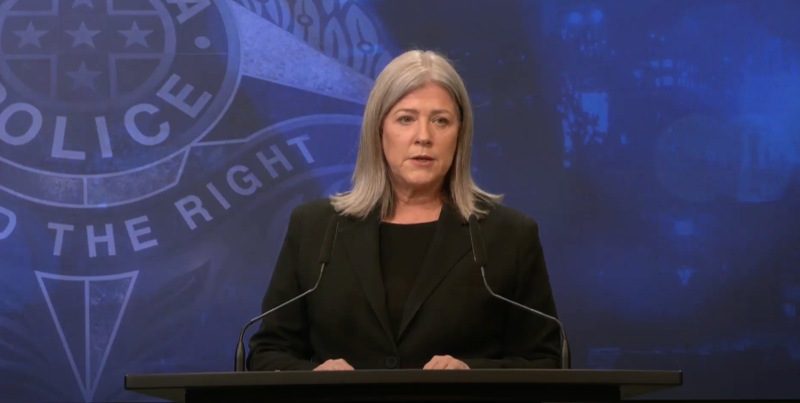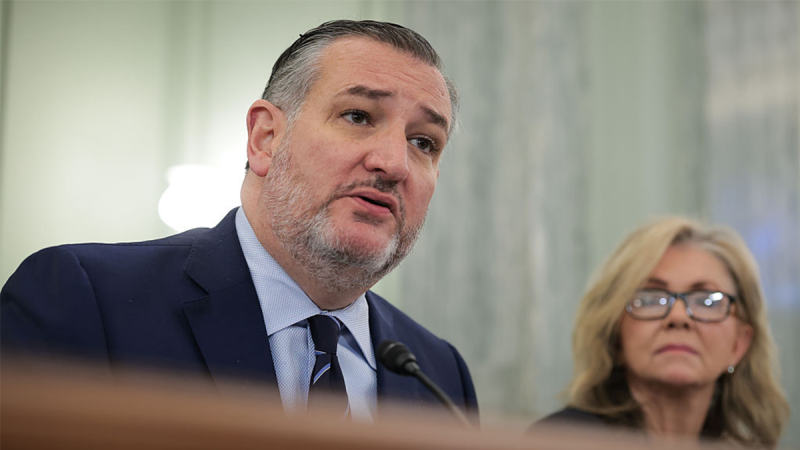
Donald Trump must be feeling pretty powerful.
He’s even demanding that Israel cancel the criminal trial of Bibi Netanyahu.
By any objective analysis, whether you like the president or not, he has been on an incredible winning streak for the last two weeks. Everything seems to be breaking his way.
And as he racks up these victories, from the powder keg of the Middle East to the staunchly conservative Supreme Court, he seems to grow bigger and stronger, like some comic book superhero, and then zap his next adversary.
By hitting Iran’s nuclear sites with 30,000-pound bombs – even as we debate the impact – Trump took a risk that stunned the world.
With media liberals and Democrats still in full resistance mode, the coverage has been largely negative, but that doesn’t matter. Since his days as a New York developer, he has been boosted by critical coverage because that drives the news agenda and gets everyone chattering about his preferred topic.
But telling another country to drop criminal charges against its leader is a whole new level of what his native city calls chutzpah.
Trump posted the following: ‘It is terrible what they are doing in Israel to Bibi Netanyahu. He is a War Hero, and a Prime Minister who did a fabulous job working with the United States to bring Great Success in getting rid of the dangerous Nuclear threat in Iran.’
Netanyahu is in ‘the process of negotiating a Deal with Hamas, which will include getting the Hostages back,’ and Trump wonders how the Israelis could force him ‘to sit in a Courtroom all day long, over NOTHING.’
As Axios points out, Netanyahu is charged with bribery, fraud and breach of trust:
‘He’s accused of accepting more than $200,000 in gifts from wealthy businessmen, and of granting regulatory benefits worth hundreds of millions of dollars to a telecom tycoon in exchange for favorable news coverage.’
The trial has dragged on for four years, thanks to Netanyahu’s delaying tactics, and there was this war thing that intervened.
So now Trump has called for the trial to be cancelled or Netanyahu granted a pardon – and done it quite openly.
Imagine if a foreign head of state urged this country to drop charges against a major political figure. But Trump doesn’t play by everyone else’s rules.
Another Trumpian tactic is to make a big move immediately after a major uproar, when the public and press barely has time to digest the previous controversy.
So the president cut off trade talks with Canada to protest its taxation of major American tech companies such as Amazon and Google. This involves revenue they earn from online marketplaces, data and social media involving Canadian users.
Before the weekend was out, Canada caved and rescinded the taxes. It’s another case of Trump’s tough-guy negotiating tactics getting instant results.
The not-so-beautiful budget bill in the Senate is another classic case. Elon Musk – did you really think he’d stay quiet for long? – calls it ‘utterly insane’ and ‘political suicide for the Republican Party.’ The CBO says it would add $3.3 trillion to the deficit over a decade. The Senate measure would also make deep cuts in Medicaid, which Trump has vowed to protect.
Here’s the point: One of the loudest Republican critics is Sen. Thom Tillis, who has been voting against a bill he says would betray the president’s promise to protect those on Medicaid. Trump has trashed him, saying he will recruit a challenger to oust him from the Senate in next year’s primary.
The next day, literally, Tillis announced that he would not run for reelection.
So Trump can save his money. He knocked out the North Carolina lawmaker with a couple of postings.
And then there’s the Supreme Court.
By ruling that local judges cannot issue nationwide injunctions, the court has immensely increased the power of Trump and the executive branch. The 6-3 decision came in the birthright citizenship case, though not on the merits, and tore down one of the last guardrails against unchecked presidential power.
It applies to Democratic presidents too, though far more of these injunctions – 40 – have been brought against Trump just in the opening months of his second term. Joe Biden faced 14 in the first three years of his term.
These injunctions – which have always seemed unfair to me, on both sides – also extend Trump’s winning streak in the high court. He has, after all, appointed three of the six justices that make up the conservative majority.
And that’s not all. SCOTUS ruled that parents with religious objections can pull their children out of public school classrooms when books with LGBTQ themes are being taught.
In yet another decision, the court upheld a Tennessee law banning some forms of transition surgery for transgender youths. Trump has ordered transgender members of the military to leave the service.
Sonia Sotomayor read two blistering dissents from the bench, especially in the birthright citizenship case: ‘Today’s decision is not just egregiously wrong, it is also a travesty of law…No right is safe.’
Trump has made clear that he will use expanded powers to be even more aggressive than in the past. Throw in his pressure tactics and funding freezes against elite law firms and Ivy League universities and you have an emboldened president even more determined to stick it to his opponents and detractors.
Of course, even Trump has his limits. The effort to derail Netanyahu’s corruption trial was destined to fail.
Oh wait.
An Israeli court yesterday canceled this week’s hearings on diplomatic and national security grounds, based on classified information provided by the prime minister and the Mossad spy agency.
Coincidence?
This post appeared first on FOX NEWS























